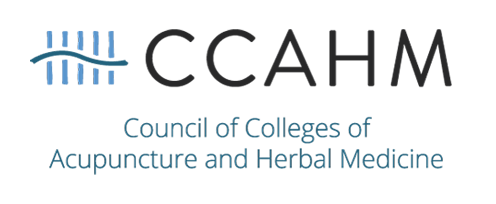History
The National Council of Acupuncture Schools and Colleges (NCASC) was incorporated in 1982 to advance the standing of acupuncture and herbal medicine in the U.S. by promoting educational excellence within the field. The founders and early members of the Council were educators who understood that the integrity of any profession is directly dependent upon the quality of its educational system.
Accordingly, the Council created a separate accreditation commission to establish measurement standards for educational achievement with the goal of obtaining formal recognition and approval of those standards in the traditional higher education community. This commission became the Accreditation Commission for Acupuncture and Oriental Medicine (ACAOM).
In 1989, NCASC was granted federal tax exemption status under IRS Code Section 501(c)(6). By 1990, ACAOM had achieved its original objectives: U.S. Department of Education recognition for accreditation of acupuncture programs at the professional master's degree level and recognition by the prestigious Council on Post-Secondary Accreditation (COPA). In 1993, the articles of incorporation were amended to change the organizational name to Council of Colleges of Acupuncture and Oriental Medicine (CCAOM). In late 2020, Council members approved the adoption of the trade name Council of Colleges of Acupuncture and Herbal Medicine. The trade name was registered with the District of Columbia Department of Consumer and Regulatory Affairs in early 2021.
Since its inception, the Council has been driven by a single overriding commitment to deepen practitioners' knowledge, understanding and skills. The Council leadership and member colleges are credited for having continually reviewed, refined, and expanded the basic acupuncture & herbal medicine program "core curriculum", the description of essential knowledge and skills taught by all member programs, resulting in:
- A substantial increase in the quality and quantity of didactic and clinical education
- Accreditation of the master's level programs
- Creation of new standards for programs offering complementary training in herbal medicine
- Development and accreditation of doctoral level programs
The incredible results of this cooperative effort among the Council's member colleges have become apparent. Not only has the Council been vital to the evolution of a more highly skilled practitioner, but it has played a pivotal role in the accomplishment of the broader mission of the profession. The Council has influenced the acceptance and accessibility of acupuncture and herbal medicine throughout the country.
